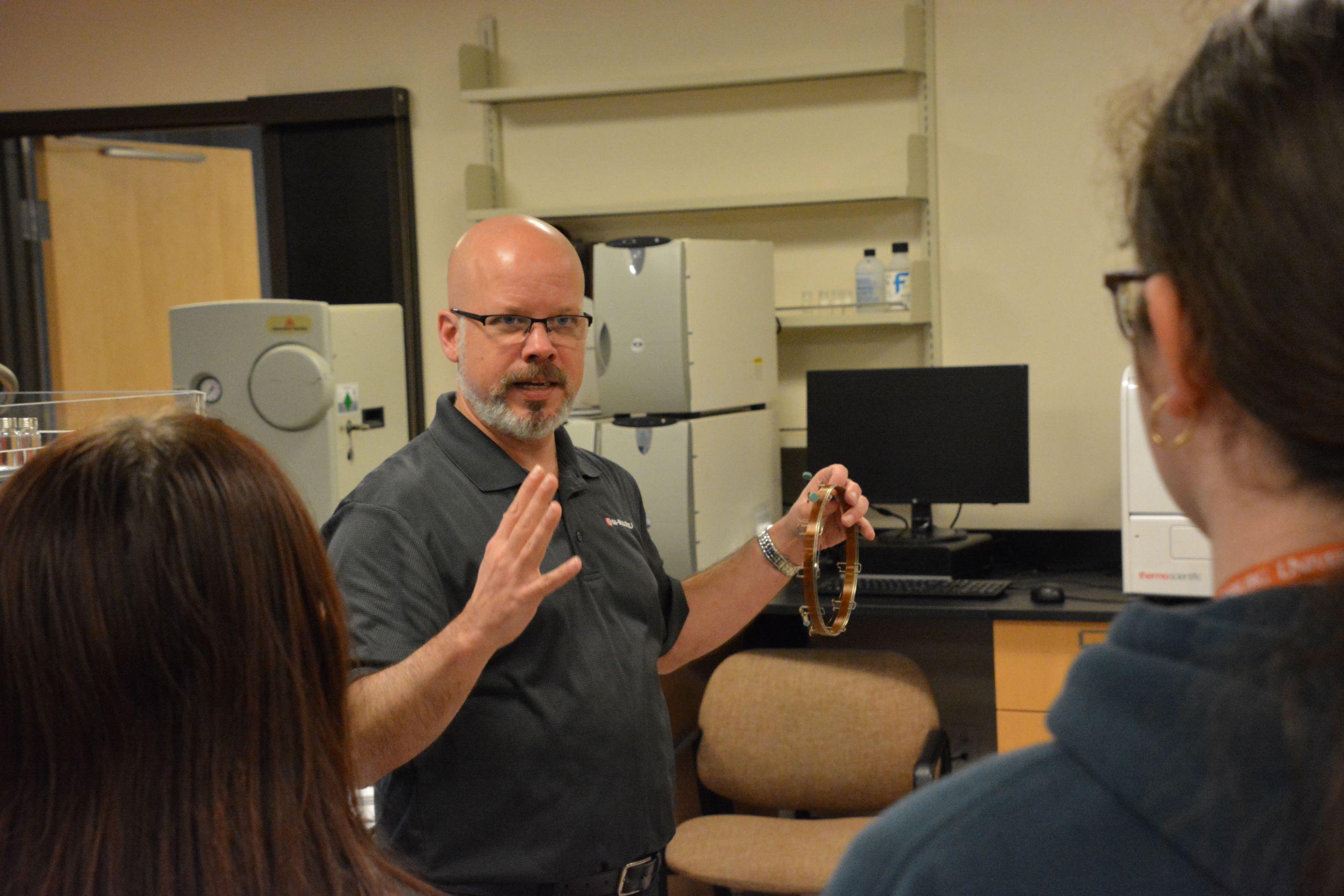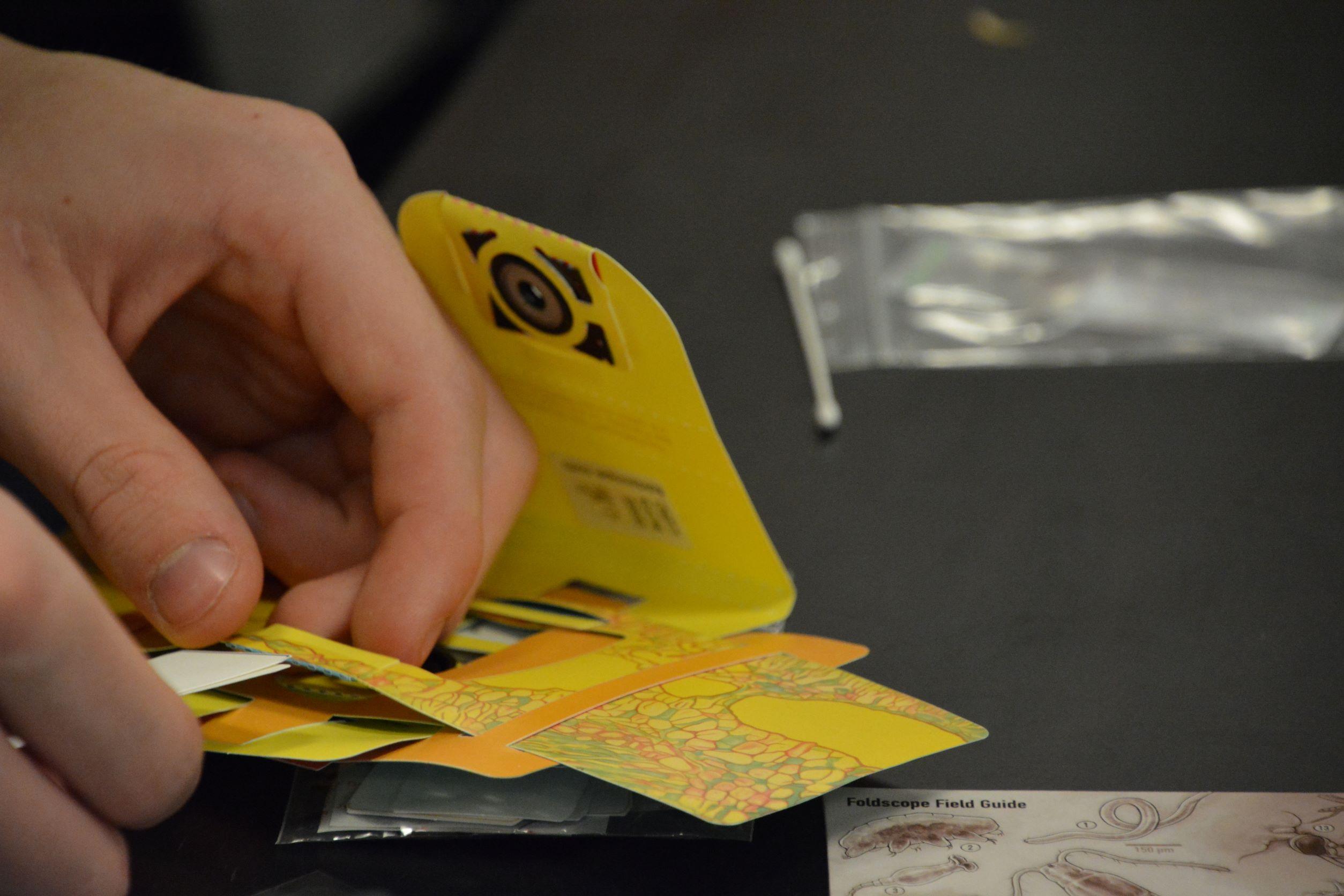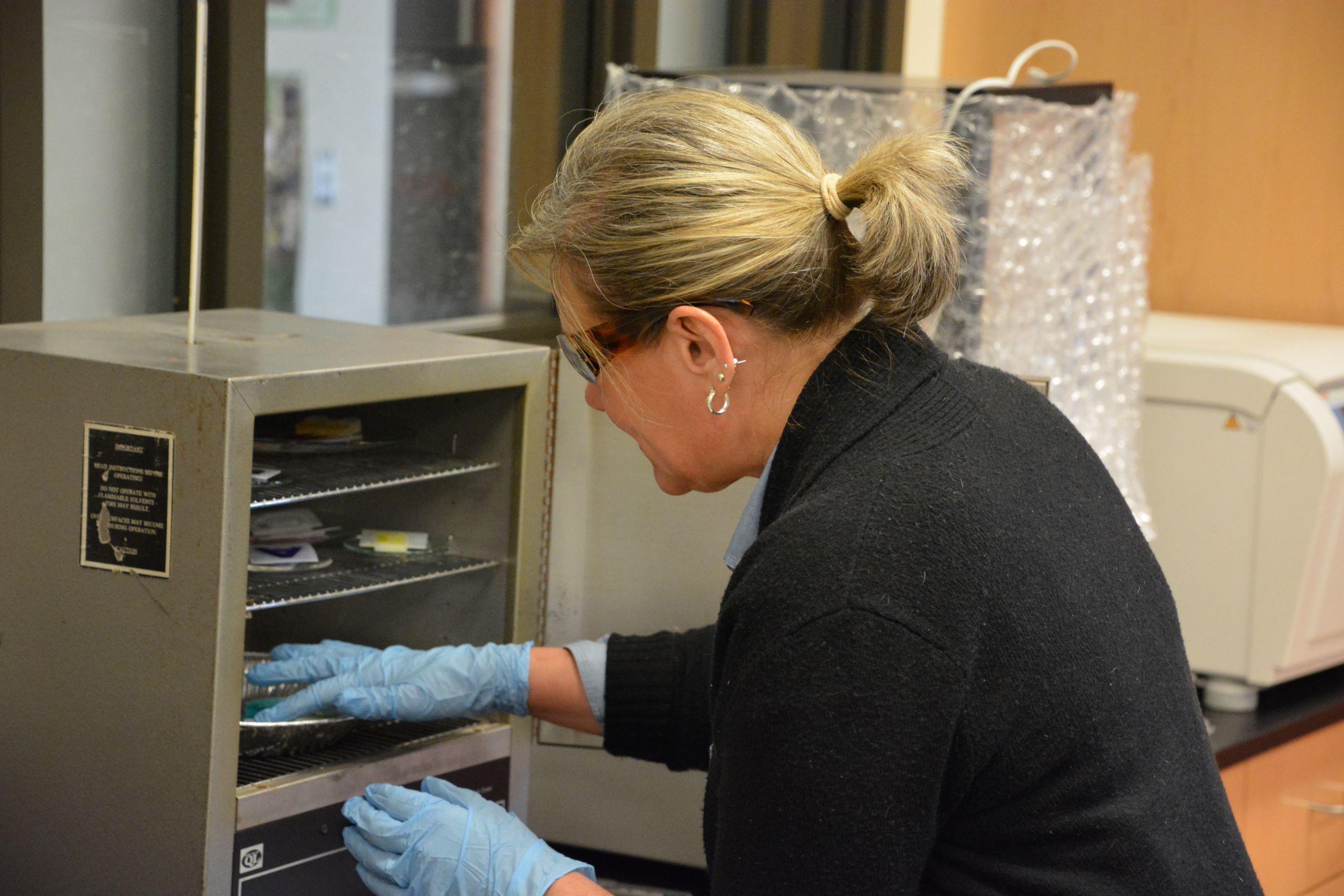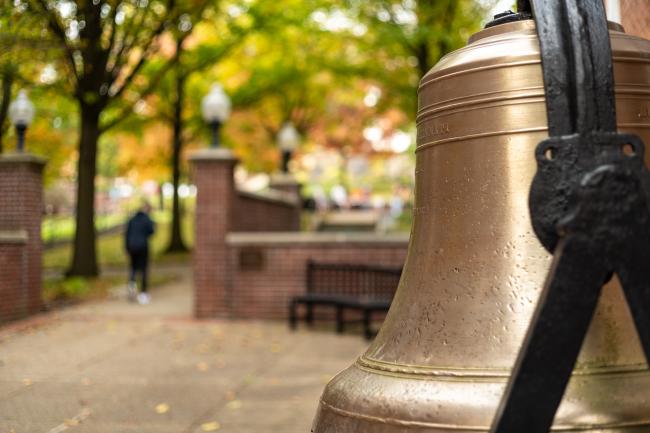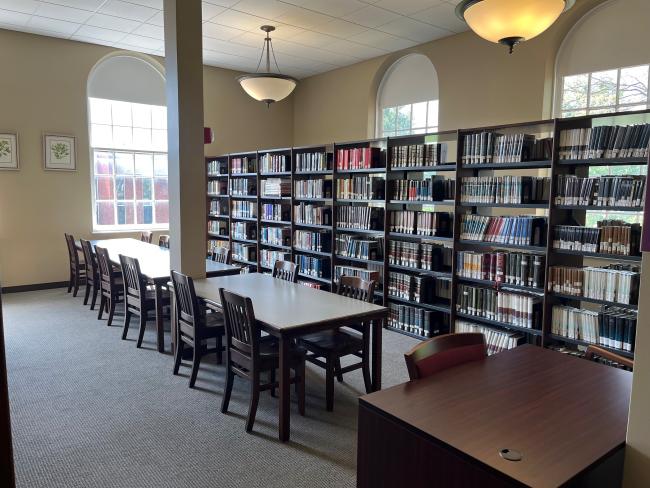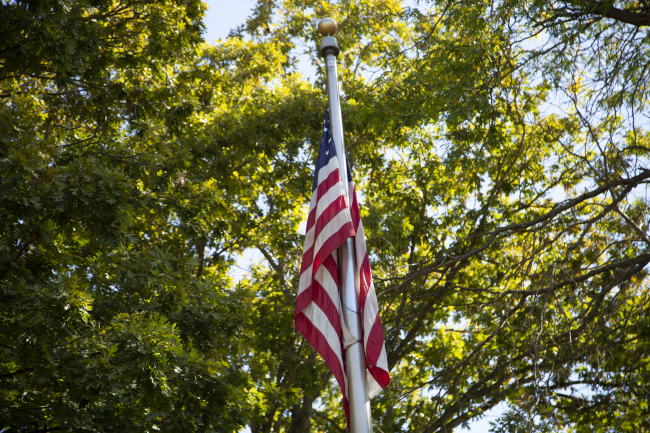Waynesburg University held a Chemistry for the Future event for prospective students Thursday, Dec. 8, on its main campus.
A total of 74 students from various high schools in the region attended to learn more about the different types of careers obtainable with a degree in the areas of chemistry, biochemistry and pharmaceutical science.
Attendees had the opportunity to participate in a career panel as well as a number of hands-on activities in the Paul R. Stewart Science Hall.
It is very rare that high school students see or experience instrumentation, but it is central in the day-to-day jobs of many scientists, particularly chemists."
On-site demonstrations were conducted by representatives from Shimadzu Scientific Instruments, the world’s second-largest producer of laboratory instrumentation, on a variety of equipment available to students within Waynesburg’s Department of Chemistry and Forensic Science.
Prospective students received a firsthand look at some of the top-of-the-line equipment recently added to the Department, which includes two Shimadzu products: a liquid chromatography mass spectrometer (LCMS) and a gas chromatography mass spectrometer (GCMS).
The opportunity to have representatives from Shimadzu provide demonstrations to students was a significant part of the event, as it allowed students to see the value of instrumentation directly from professionals, according to Dr. Evonne Baldauff, chairperson for the Department of Chemistry and Forensic Science and professor of chemistry.
“Shimadzu contextualized how instruments are used by showing the students some real reasons that chemists use the instruments (both via an environmental scenario and a drug mixture scenario). They also let the students help with some of the prep and operation,” said Dr. Baldauff. “It is very rare that high school students see or experience instrumentation, but it is central in the day-to-day jobs of many scientists, particularly chemists. I also think it is unique for students to get to interact with scientists who develop instrumentation.”
Overall, the event not only provided students a visual of what a scientist does in a lab but also how the equipment is used in daily research.
